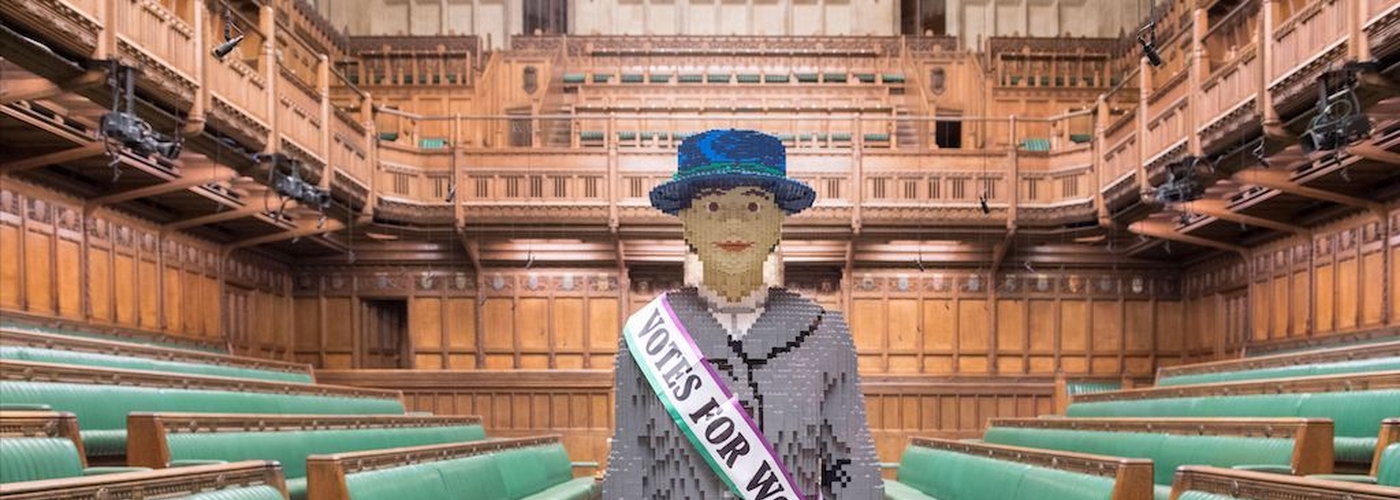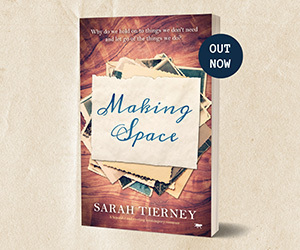The suffragrette is one of several ‘heroes of protest’ taking over the People’s History Museum this summer
The People’s History Museum (PHM) has had an unusual guest today - a life-sized LEGO suffragette called Hope to be precise. Arriving in Manchester to coincide with the birthday of suffragette leader Emmeline Pankhurst, the model was first created for Parliament last year, commemorating 100 years of women’s suffrage. Built from 32,000 LEGO bricks and standing 1.7 metres high, it has since toured the UK and will now stand in the recreated kitchen of fellow suffragette Hannah Mitchell at PHM.
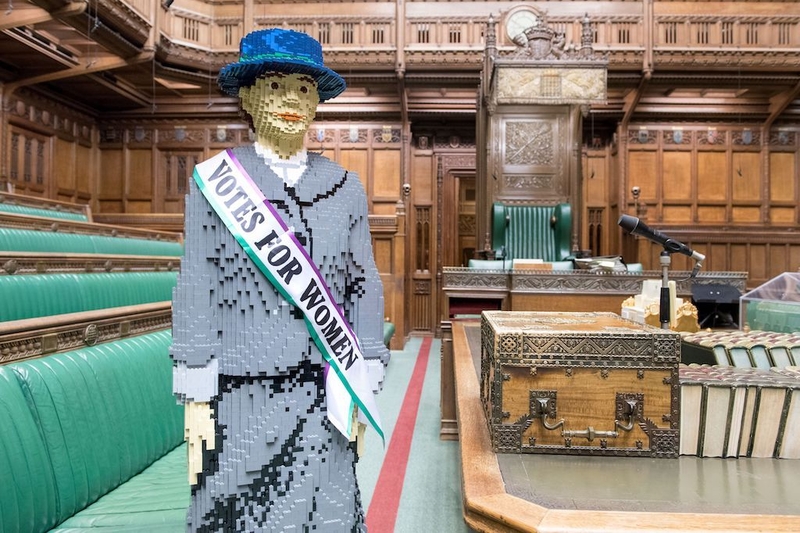
Of course, Hope isn’t the first statue of Pankhurst to be displayed in Manchester. A bronze statue of the suffragette was unveiled in St Peter’s Square last year following the WoManchester Statue Project; whose lead campaigner Andrew Simcock is now collaborating on a commemorative book with social historian Helen Antrobus. Named First in the Fight, this will celebrate the achievements of Manchester’s radical women by telling the stories of all twenty women featured on the original WoManchester list.
Author Helen Antrobus said: “I was so inspired firstly by Womanchester and then, as a result, Hazel Reeves’ wonderful sculpture of Our Emmeline. Each woman’s story is ground-breaking in their own way and the impact of their collective contribution leaves a legacy that is felt by the world.”
Joining Pankhurst at the People’s History from 27 July will be several life-sized ‘heroes of protest’; kicking off a summer programme that commemorates the 200th anniversary of the Peterloo Massacre as part of the Peterloo 1819 event series.
The statues - which include Brave Boy Billy, The Corby Rocker and The Corby PiP Princess - were created by artist Jason Wilsher-Mills and represent ‘heroes’ he has worked with from disabled communities around the country. Each sculpture will offer visitors a different interactive experience by unlocking animations, text, music and audio. The main theme of the exhibit is wheelchair shortage, reflecting the fact that only 15 million people have access to wheelchairs globally…despite 60 million people requiring them. Augmented reality technology will enable visitors to explore some of the serious disability issues that they represent.
Both Hope and Jason Wilsher-Mills’ sculptures will be displayed until early September, accompanied by a family-friendly events calendar that includes make-your-own LEGO workshops.
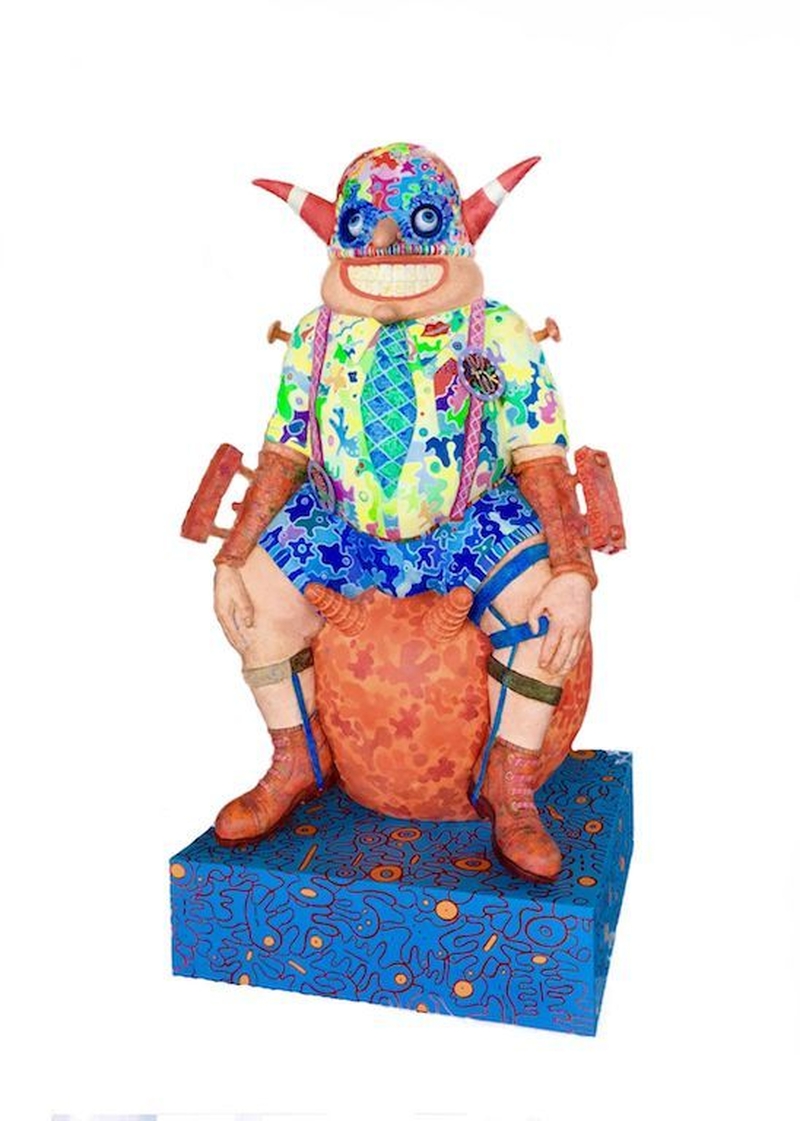
Also at the museum, Friday 19 July sees a rare Peterloo artefact known as the Peterloo Cane go on public display for the first time. The artefact is symbolic as one of the few items to witness the protest by 60,000 working people for rights and representation.
The cane has been donated by the family of Charles Worsley, a joiner from Withington who attended Peterloo as a protester. It carries inscriptions and inked drawings, both pre-dating and following the protest.
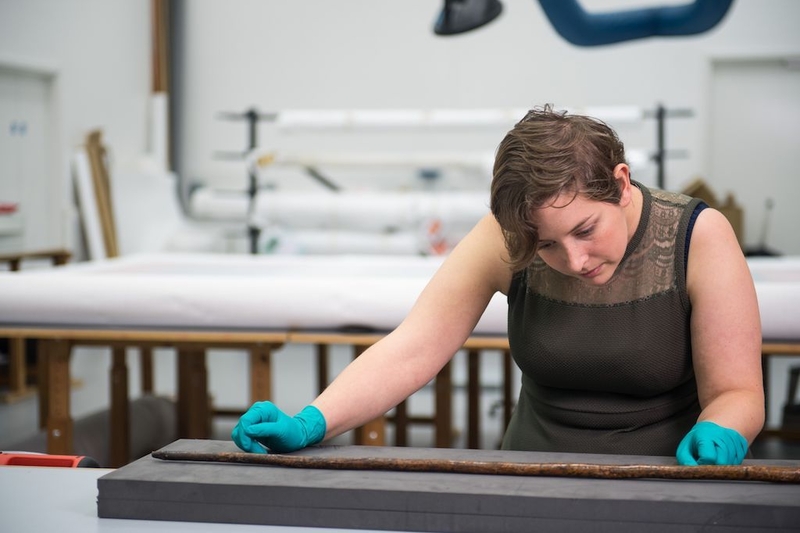
Sam Jenkins, collections officer at People’s History Museum, said: “Observers said one in ten of the protestors at Peterloo carried a walking stick or cane, similar to this object, which subsequently led to accusations that they were armed. We believe the inscriptions to have been a satirical response to the exaggerated claims that the protestors carried weapons.”
People’s History Museum is open seven days a week from 10am to 5pm and it is free to enter, with a suggested donation of £5
Written by Lucy Milburn




